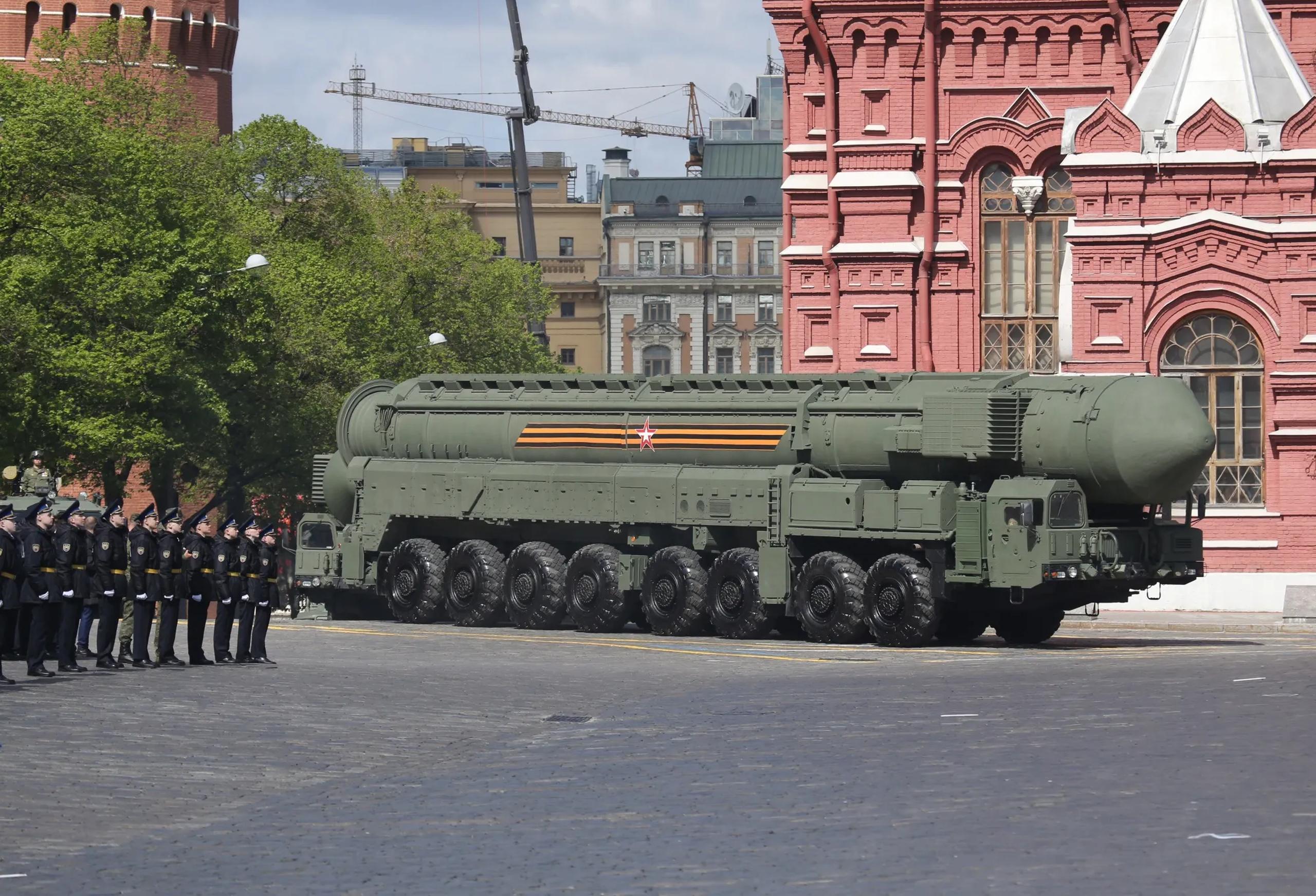The Defense Department today announced that there are approximately 2,000 U.S. troops deployed to Syria, which is roughly 1,100 more than had been reported in the past. “We have been briefing [the media] regularly that there are approximately 900 U.S. troops in Syria,” Pentagon Press Secretary Air Force Maj. Gen. Pat Ryder told reporters.
“[However,] in light of the situation in Syria and the significant interest, we recently learned that those numbers [are] higher, [and that] there are approximately 2,000 U.S. troops in Syria,” he continued.
Ryder elaborated by making the distinction that the additional 1,100 personnel are considered “temporary rotational forces” — often in theater for 30 to 90 days — that are deployed to meet the fluid mission requirements of U.S. Central Command’s area of responsibility.
Conversely, the other 900 personnel are considered “core” assets who are on longer term deployments that typically last approximately nine to 12 months.
Ryder explained that such fluctuations in numbers of personnel are often quite common, and that the additional forces have been in place since before the Dec. 8 downfall of Syrian President Bashar al-Assad’s regime.
Also, during today’s briefing, Ryder said the Defense Department is prepared to continue carrying out its mission despite the potential for a partial government shutdown beginning Saturday.
“In the event of a lapse in funding and a shutdown of the government, the Department of Defense will continue to carry out our fundamental responsibility and mission to defend our nation and the American people,” Ryder said.
“Military personnel on active duty — including reserve component personnel on federal active duty — would continue to report for duty and carry out assigned missions worldwide to defend our nation and protect our national security interests,” he continued.
Ryder said that, as DOD is a planning organization, the department has been conducting “prudent planning and preparations for a potential shutdown,” noting that senior Defense Department leadership has been continually updating contingency plans.
“[Secretary of Defense Lloyd J. Austin III] and DOD leaders are monitoring the situation closely and remain committed to doing everything possible to mitigate the significant impacts that a lapse in funding and subsequent shutdown would have on the department,” Ryder said.
Though Ryder made clear that active component personnel and reserve component personnel currently on federal active duty would continue to report for duty in the event of a shutdown, he did point out the caveat that those service members would not be paid until new funds are appropriated by Congress.
“Additionally,” Ryder continued, “[federal government] civilian personnel — including military technicians — who are not necessary to carry out or support accepted activities would be furloughed with a lapse in appropriations.”
Ryder added that, as a lapse in funding could cause “serious disruptions” for the Defense Department, such a shutdown is still avoidable.
“DOD urges Congress to reach a bipartisan, bicameral agreement on Fiscal Year 2025 appropriations and avoid a [continuing resolution] — or worse — a government shutdown,” Ryder said.
Prior to this article’s publication, House Republicans had agreed to a new government funding bill that would include a debt limit increase.
A vote on the bill is expected at 6 p.m. EST.





















Discussion about this post